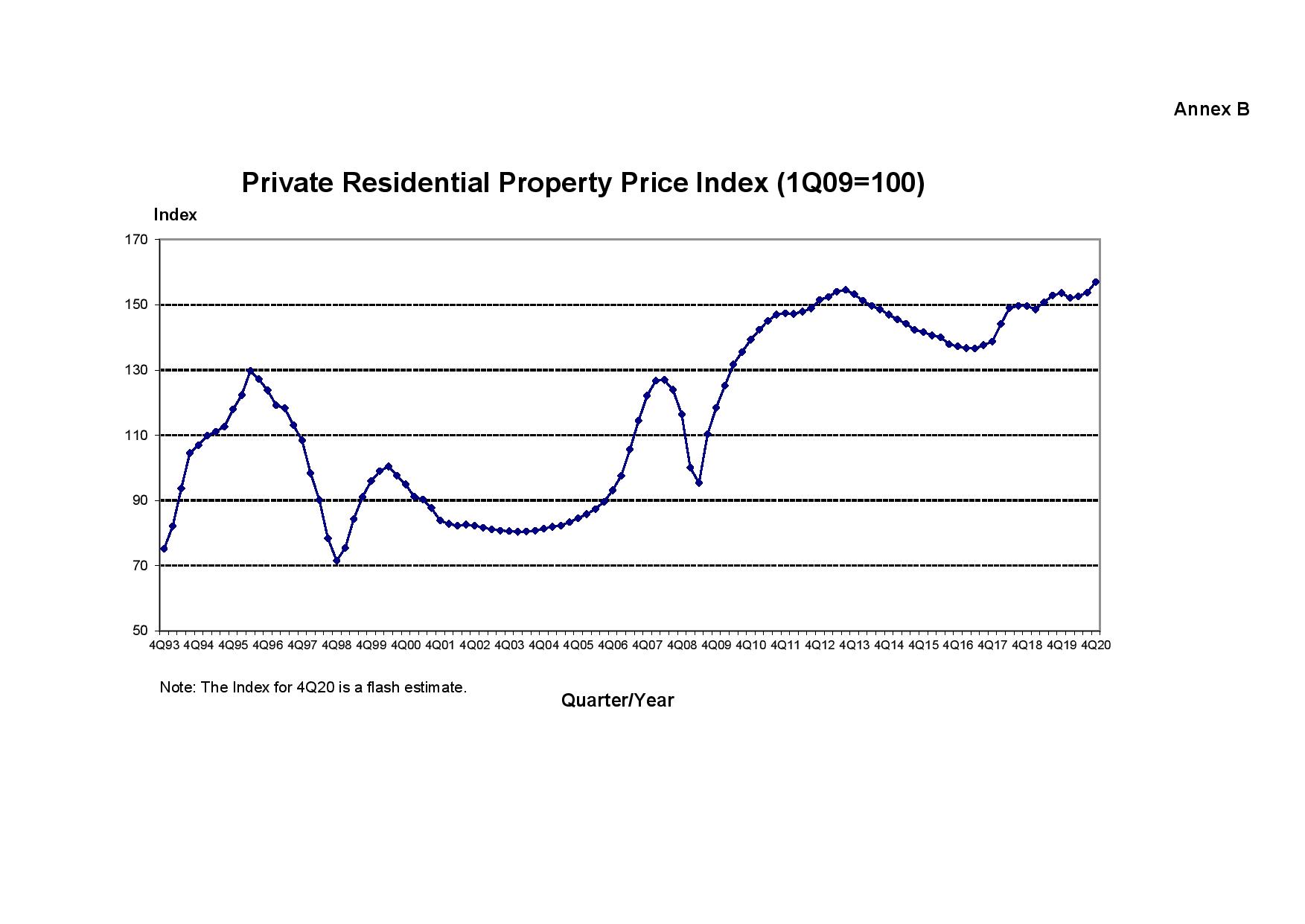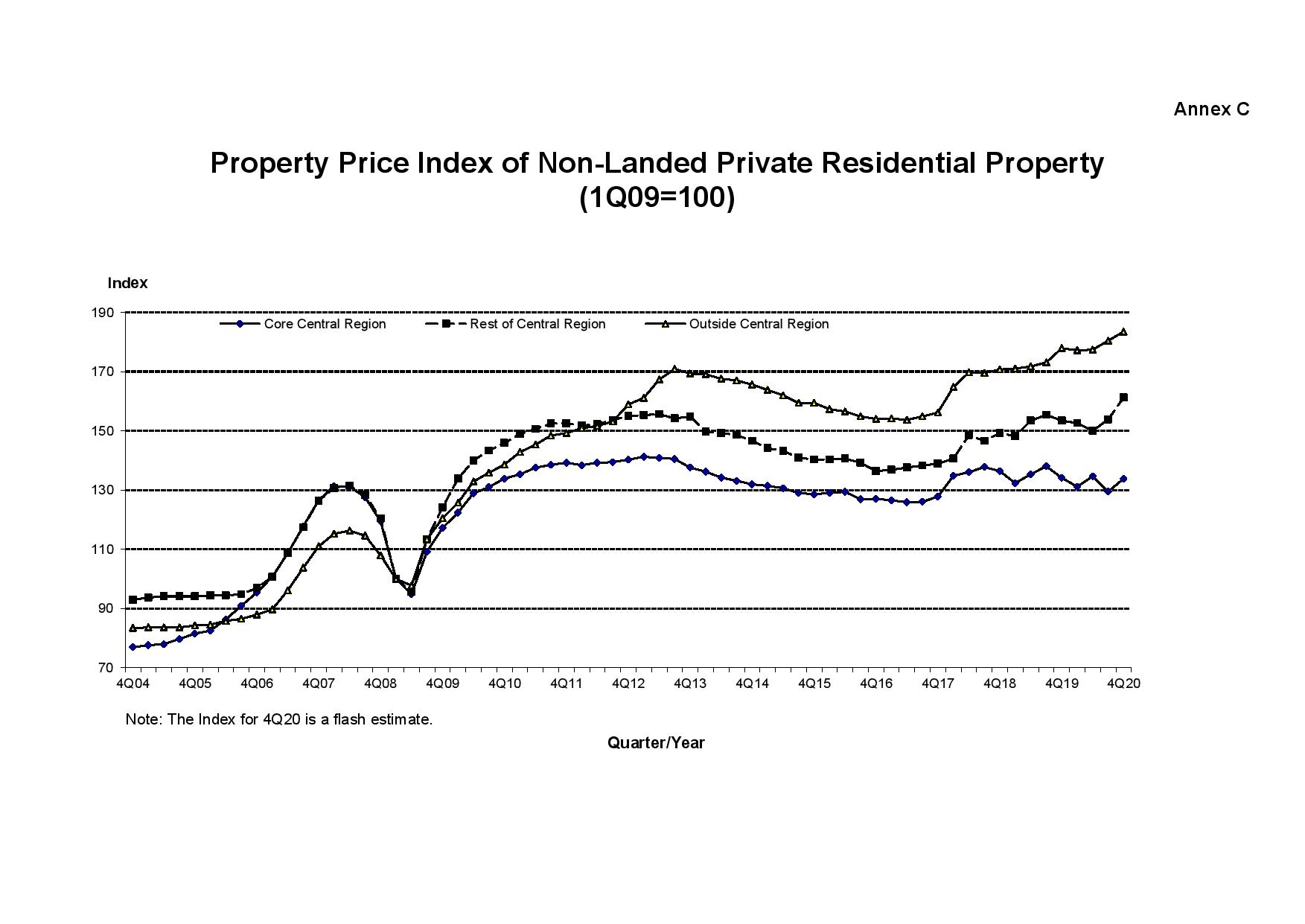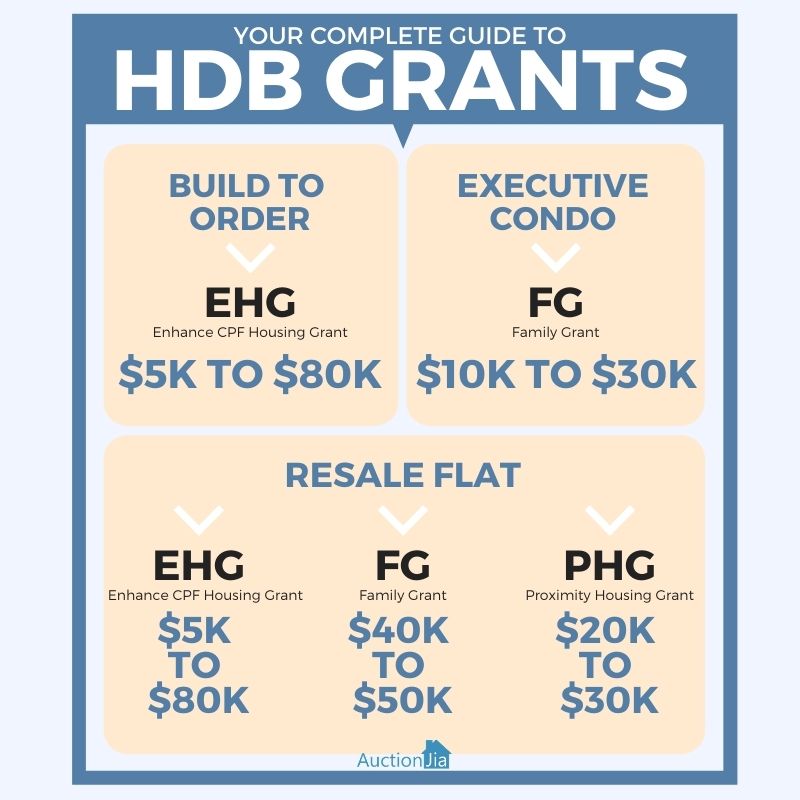Everything you need to know about HDB en bloc - SERS & VERS!
The first HDB flats were built in 1960. That was 61 years ago today. And with its 99-year lease, many HDB flats are now starting to mature past the 40 year mark. So what happens when your flat is nearing its end? - You may have heard about something called SERS, which is the HDB equivalent to en bloc. In fact, you might actually hope that your flat gets chosen for SERS. Who wouldn't?
In this article, we will be delving deep into SERS and VERS, what they are, what differs between them, what they mean for you if you are chosen and how to tell if you are eligible. Let's get into it!

(Image Credit: Gov.sg)
What is SERS?
SERS stands for the Selective En bloc Redevelopment Scheme. It was first implemented or introduced in August 1995 as a part of the Government’s efforts to renew older housing estates sitting on land with high redevelopment potential to ensure that Singapore remains vibrant city. So in a nutshell, the Government takes back flats before the end of the lease and redevelops them to revitalize older estates with new developments. SERS is also known to be very highly selective with only 5% of HDB flats being estimated to be eligible for SERS.


